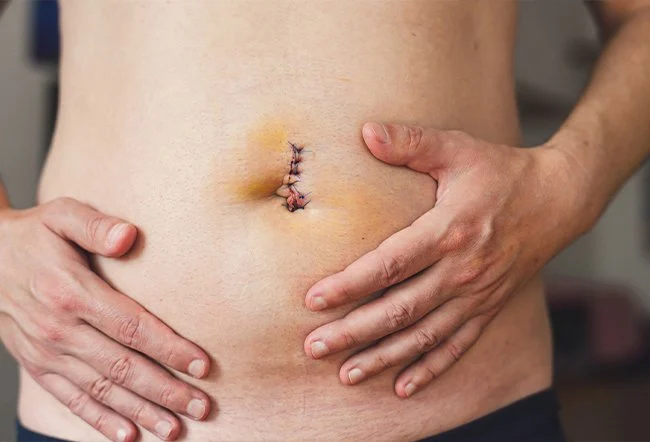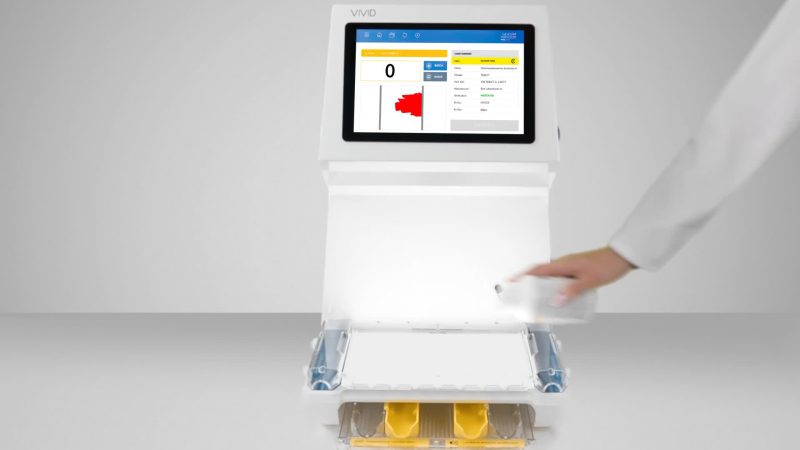Prevalent Causes of Hernia

Inguinal and femoral hernias are caused by weakening muscles that may have existed from birth or are caused by age and frequent strains on the abdomen and groin regions. Such strains can come from physical exercise, obesity, pregnancy, constant coughing, or straining on the toilet because of constipation. Additionally, adults can develop an umbilical hernia by straining the abdomen, being overweight, having a persistent cough, or giving birth. The cause of Hiatal hernias Sebring is unknown; however, age-related diaphragm weakness or abdominal pressure may play a role.
Symptoms of hernia
A bulge or lump in the afflicted area is the most prevalent sign of a hernia. For example, in the scenario of an inguinal hernia, you could detect a bump on each side of the pubic bone where your groin and thigh meet. You may notice that the lump “disappears when you lie down.” You are more likely to feel your hernia through touch when you are standing up, leaning down, or coughing. Also, the area around the bump may experience discomfort or soreness. Some hernias, such as Hiatal hernias, might present more specific symptoms. These can include heartburn, chest discomfort, and difficulty swallowing. Hernias are often asymptomatic. Moreover, you may not realize you have a hernia unless it is discovered during a standard physical or undergoing a medical test.
Recovering after having hernia treatments
It is critical to detect hernia symptoms and contact a doctor if you feel you have one. An untreated hernia will not go away independently, and hernias can lead to life-threatening consequences. A doctor may evaluate your hernia and recommend the best treatment choice for you. Early medical attention and lifestyle adjustments might help to reduce symptoms. However, surgery is the only practical approach to treating a hernia. There are several hernia repair operations, and a surgeon may advise you on the best one for your situation. People who have hernia repair surgery have a reasonably excellent prognosis. Conversely, it can depend on the kind of hernia, your symptoms, and your overall health. After repair surgery, the hernia may return in rare circumstances.
How to prevent hernia
Most people are unable to prevent a hernia. They are caused by a mix of hereditary and medical factors. There are, however, a few things you may do to avoid a hernia:
- Maintain your weight to avoid abdominal wall pressure.
- Try to stop if you currently smoke.
- Avoid straining when lifting weights, especially if you have just undergone stomach surgery. Lifting big weights might put an undue strain on the abdominal wall.
- When passing a bowel movement, avoid straining. Constipation can be relieved, and stools can be made easier to pass by eating a high-fiber diet and drinking lots of water.
Hernia types might differ depending on their location and symptoms. If you suspect a hernia, consult your primary care physician. If your doctor does not propose surgery, they will notify you of any symptoms that require immediate medical treatment so that you can be on the lookout for them. Call Florida Lakes Surgical to schedule your meeting today to determine which hernia therapies are right for you.







